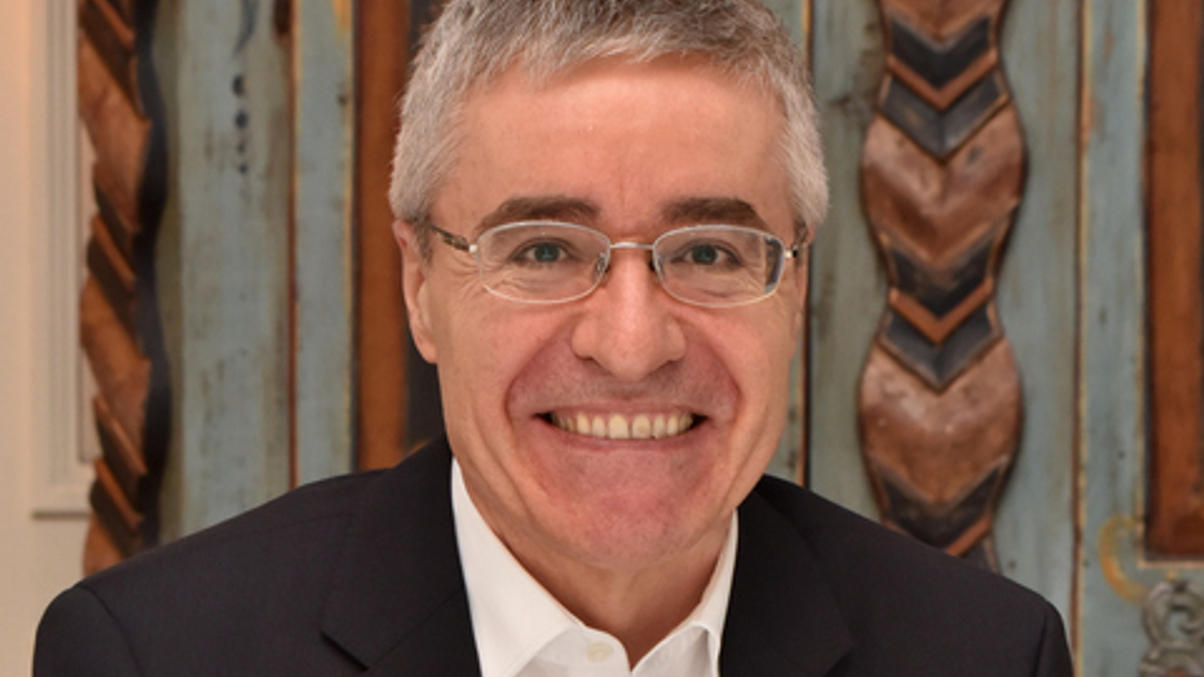Allianz seeks equity manager, eyes more alternatives
The insurer's Asia head of investment, Eugen Loeffler, outlines plans to further diversify the regional portfolio, including into global equities, infrastructure and private debt.

The Asian arm of German insurer Allianz is likely to outsource more of its portfolio to external fund houses as it moves to diversify beyond traditional fixed income and domestic investments. It is seeking a manager for a global equity portfolio and eyeing more alternative assets, in particular infrastructure and private debt.
Sign in to read on!
Registered users get 2 free articles in 30 days.
Subscribers have full unlimited access to AsianInvestor
Not signed up? New users get 2 free articles per month, plus a 7-day unlimited free trial.
¬ Haymarket Media Limited. All rights reserved.


